The British public house is a cherished institution and is renowned the world over. But as we emerge from lockdown will we find ourselves moving to a more continental style of drinking?
In the UK, our pubs are more than just a place to drink beer or wine, they are a unique social centre and the focus of community life. To quote the 20th-century writer and historian, Hilaire Belloc, 'when you have lost your inns drown your empty selves, for you will have lost the last of England'.
It is common to see groups standing around the bar laughing and joking with other customers, some of whom they have known since childhood and some that they have only met a few minutes before. The convivial atmosphere of the public house is its biggest draw.
In the US the primary purpose of visiting a bar is to drink, with little emphasis on socialising. On the other hand, go to a bar in Barcelona when there is football on and you will see groups socialising but, as well as beers being consumed, you will observe tables laden with paella and other Spanish delicacies to be consumed during the match.
We have had two major changes in the licensing laws, one in 1988 when pubs were finally allowed to stay open throughout the afternoon, and then in 2005 when licensing hours were effectively scrapped. At the time of both these changes there were polarised views of the likely outcome, with fears that the relaxation would lead to the entire population going on a continuous pub crawl or, at the other side of the spectrum, that the relaxation would rapidly lead to a more continental style of drinking.
Neither of these extremes came to fruition in the late 80s or the mid-2000s, but it looks like the Covid-19 pandemic may lead us toward the latter scenario, with our local community pubs in particular likely to adopt this approach.
There are benefits to this. While it is known that customers tend to drink faster when they are standing rather than seated, there will be the opportunity for staff members to upsell each time they take orders from customers.
I recall in my late teens a local pub where on a quiet night the licensee would wander up to customers 10 minutes or so before he closed the bar to ask whether he could bring us another round of drinks. It was a rare occasion when we didn't answer in the affirmative, whereas without that approach we may have made our way home without one for the road.
What is certain is that the public house experience is going to change but I feel confident that publicans and their staff will quickly adapt and make the most of what opportunities arise. As long as customers feel safe in a particular establishment, they will later return.
But let’s hope that if we move slightly toward the European experience, we still manage to retain the convivial atmosphere that first attracted us to pubs in early adulthood.
Further information
Contact Savills Pubs, Bars & Restaurants
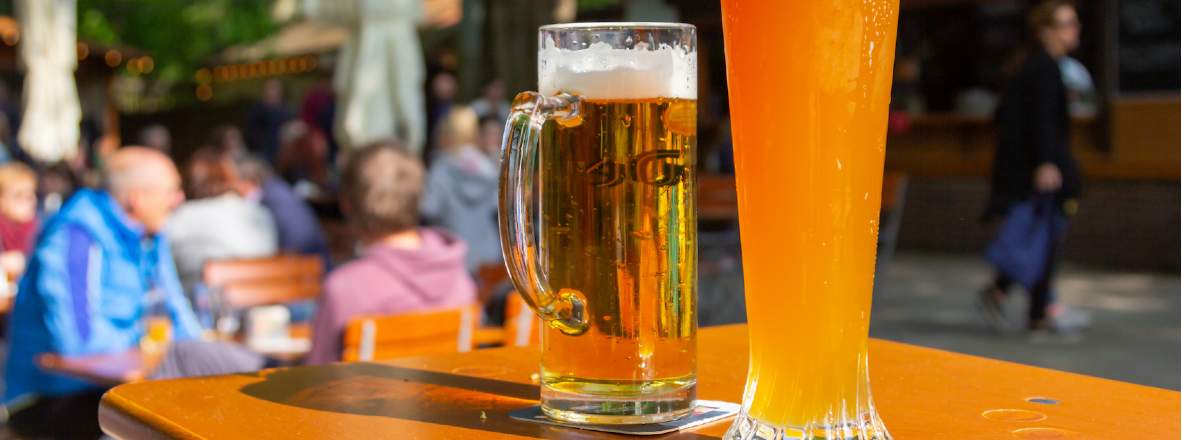
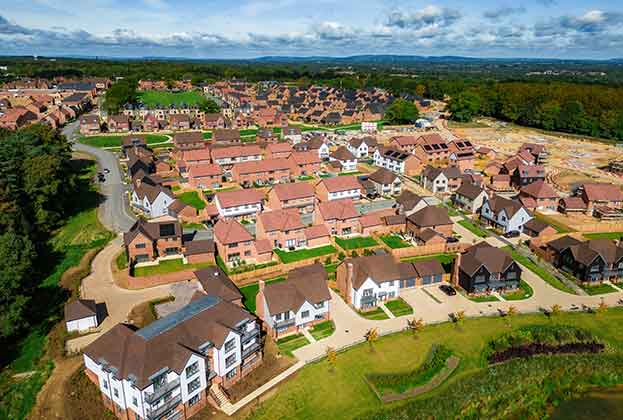
(2).jpg)
.jpg)
.jpg)
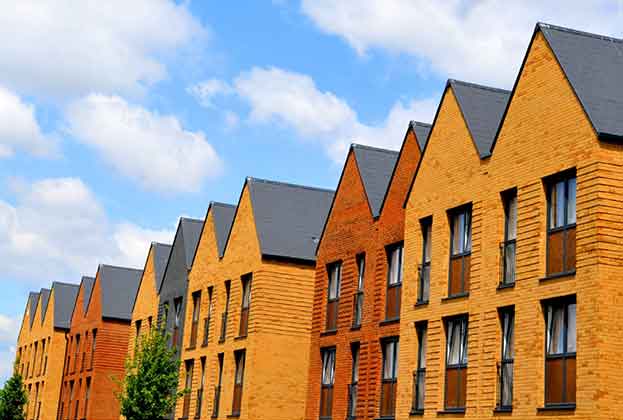
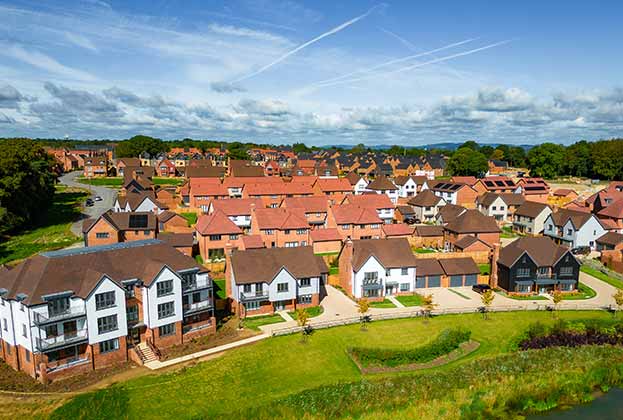
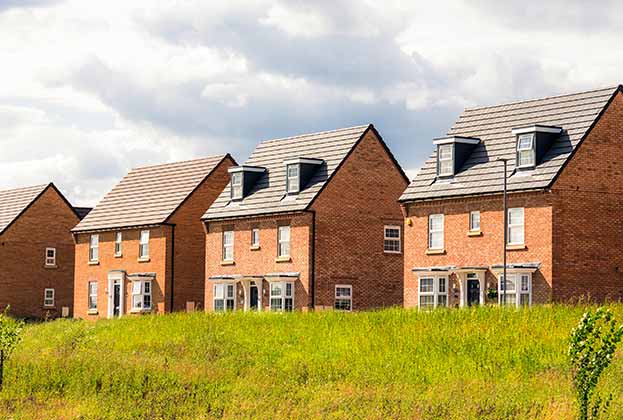

.jpg)
.jpg)